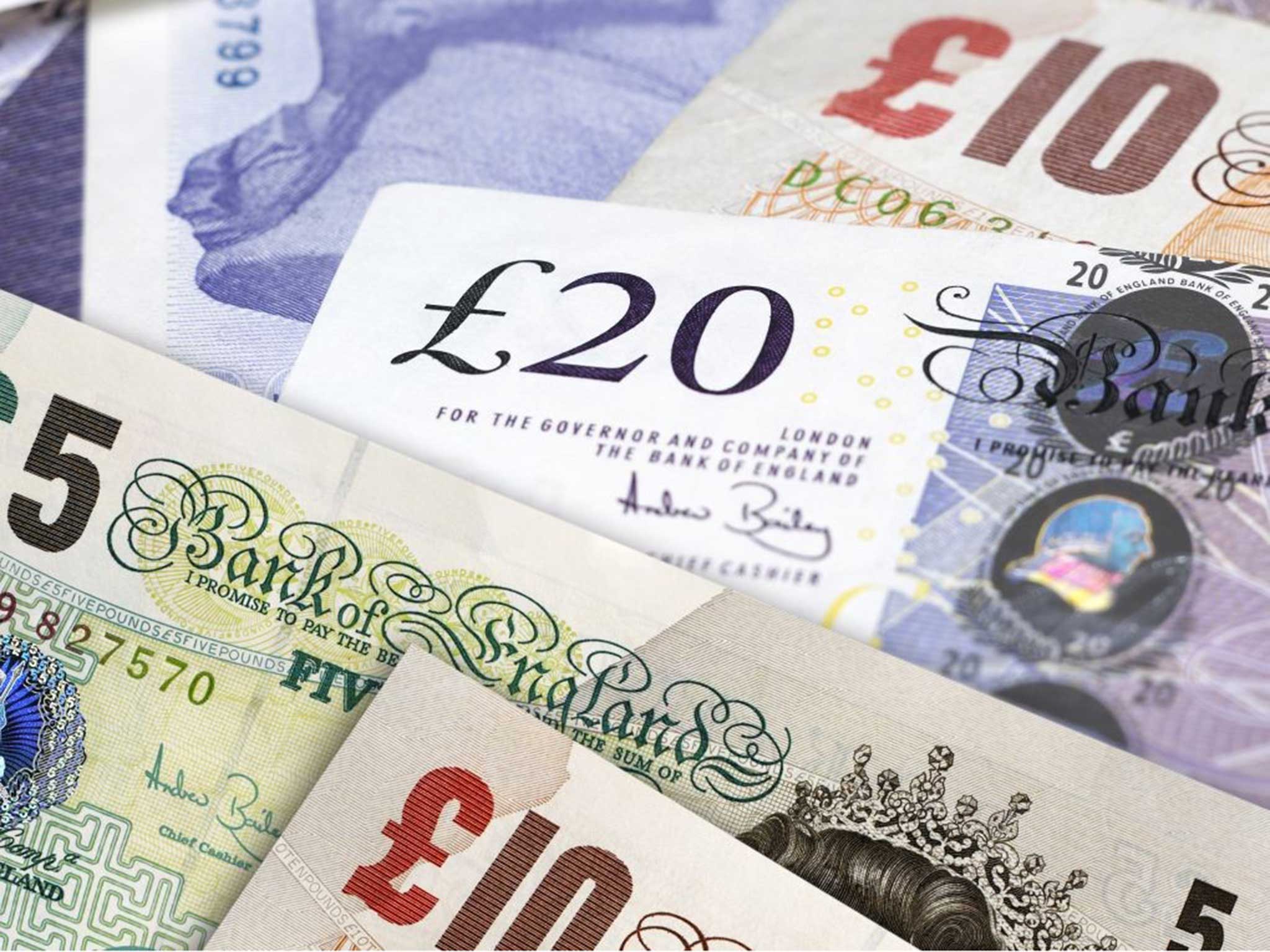A strong pound is a great tonic, but it's not an end in itself
At one time, presiding over a weakened currency would get you the chop... but things have changed


The strong pound has come just in time for the hols. In case you hadn't noticed, sterling is up 16 per cent against the dollar and 8 per cent against the euro on where it was a year ago. It is not quite the loadsamoney days of the mid-2000s, when the pound broke the $2 mark, but roughly half of the devaluation of 2007/8 has now been reversed.
Politically this is good news for the Coalition. Voters don't like a weak currency and most governments that have presided over one have subsequently been thrown out. In practice, a weak currency symbolises wider failures in economic management, and it's for those that politicians are clobbered rather than a fall in the pound as such.
The economic case for a strong or weak currency is more nuanced. The classic argument for devaluation ran like this. Countries facing recession would seek to depress their currency on the grounds that this would make exports more competitive and imports less so. After a J-curve effect (where lower export prices would cut revenues before they were more-than-offset by increased demand) the increased competitiveness would boost employment and growth. As for any increase in inflation as a result of higher import prices, that was assumed to take some time to feed through and would, in any case, be contained by low demand.
That line of argument was supported by the previous governor of the Bank of England, who acquiesced to the decline in the pound and actually was calling for a further fall just over a year ago. That seemed a bit rum to some of us at the time, but looks even odder now. The counter argument to the one sketched above is this: as far as competitiveness is concerned, exchange rates matter much less than they used to for two main reasons.
One is that in Europe in particular, products and services sell more on quality than on price. If what you do is really good, then you can justify charging top rates. London is an expensive place to operate from, yet it manages to be competitive with other financial, legal and creative cities – actually super-competitive.
The other reason is that a generation of fluctuating exchange rates has taught companies to adapt. Germany and Switzerland have managed to cope with disadvantageous exchange rates. The former joined the euro at too high a rate and spent a decade squeezing down costs and improving quality, while the latter has had a strong franc for more than a generation and has found ways of offsetting it.
Of course an over-strong exchange rate does do damage. Last week, the head of Airbus went on record to complain about the strong euro vis-à-vis the dollar, but Airbus is in a head-to-head against a single dollar-based competitor, Boeing, so you can understand its concern. But the harsh truth is that British exports did not shoot up following the decline of the pound, so the benefit was more muted than expected.
There is a further twist. The devaluation of the pound did feed through into inflation here, but it did not boost wages. So, the effect was to squeeze real domestic earnings and thus living standards. It is even possible that this squeeze, by depressing demand, may actually have delayed the recovery – a recovery led, as it has been, by domestic demand.
This is not to say that the old economic model, that a fall in the currency boosted overall demand, no longer works at all. But there are offsetting factors and those factors seem to have become more important.
So, where are we now? Will the higher pound undermine the recovery, or is it an inevitable by-product of the recovery? My answers would be: not really, and yes.
We have to have tighter monetary policy and the rising pound is in anticipation of that. But the higher pound, paradoxically, may delay the rise in rates, because a stronger currency has some of the effect of higher interest rates. It squeezes a different bit of the economy, but it squeezes it none the less. Right now we are growing at somewhere between 3 and 4 per cent – the official figures are closer to 3 per cent, but looking at the economy as a whole, including job growth, it feels to me more like 4 per cent. It will take a long time for that momentum to ease. A modest further rise in the pound, plus a gradual return to more normal interest rates, will be a necessary and inevitable response to this burst of growth.
We get the first rise in rates because we are the fastest growing G7 economy. The eurozone goes up last because it is, taken overall, the slowest-growing part of the developed world. The US is somewhere in between. And if that means that Brits on holiday have regained a little spending power, well, that is a change, and for most of us a welcome one. Holidays are supposed to be fun.

Join our commenting forum
Join thought-provoking conversations, follow other Independent readers and see their replies